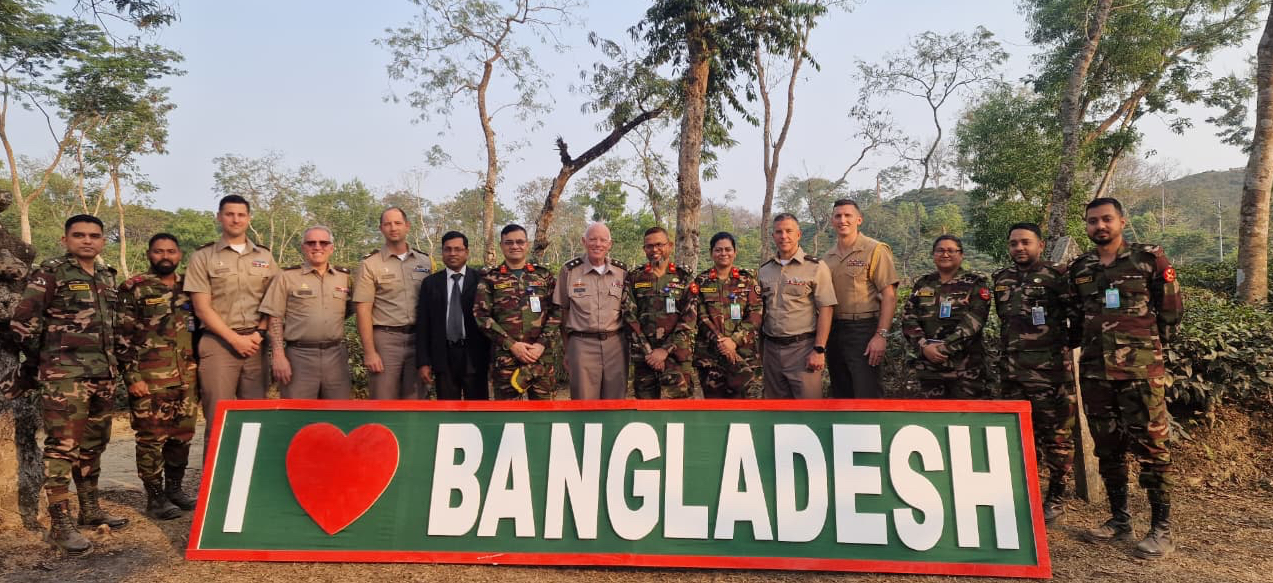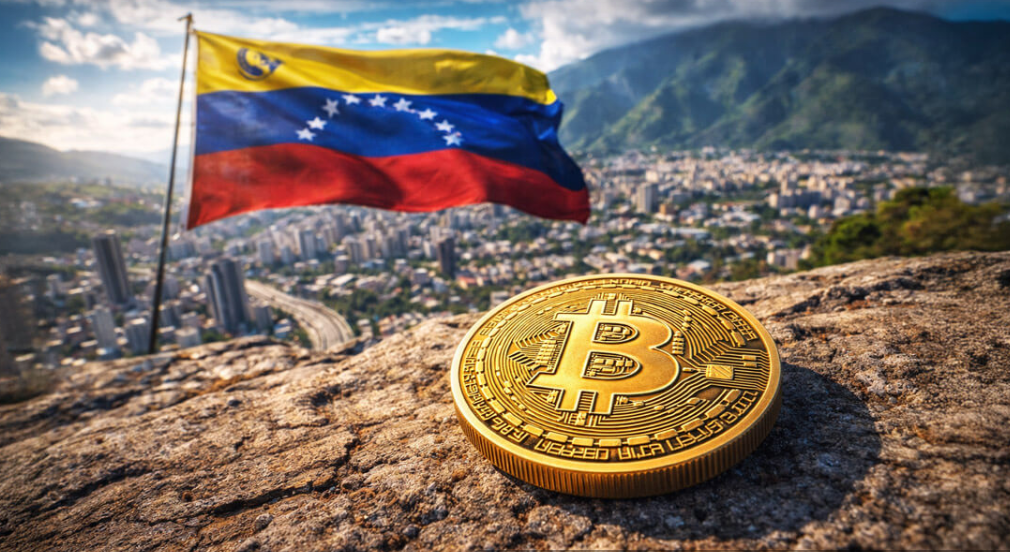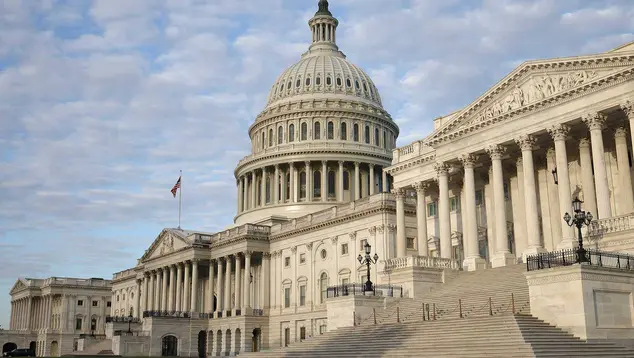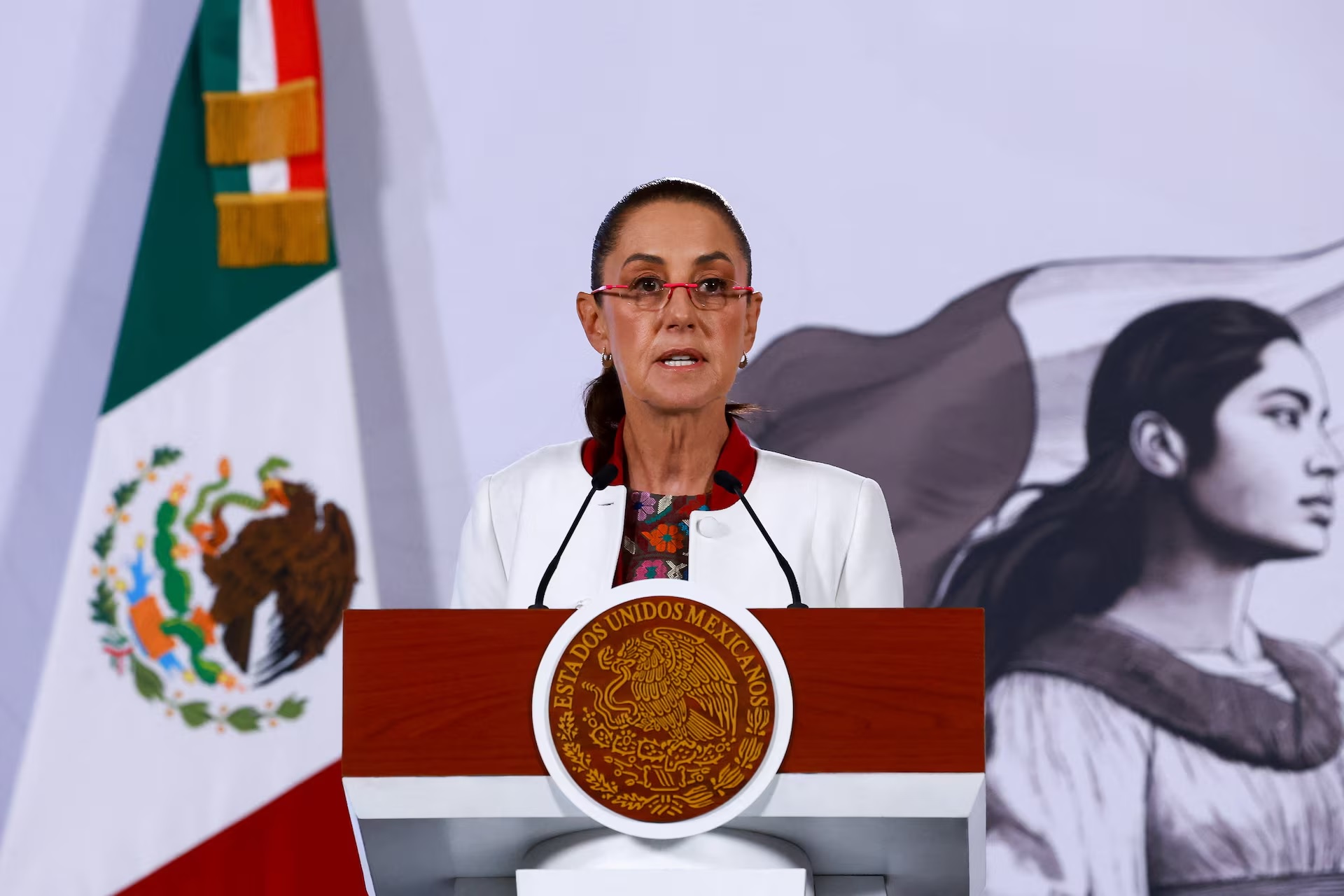From Streets to State: Army Chief Moves to Crush Mob Power

In the wake of Prime Minister Sheikh Hasina’s resignation on August 5, 2024, Bangladesh has spiraled into an unprecedented wave of mob violence that has deeply destabilized the country’s social fabric and rule of law. From law enforcement to minority communities, no group has been spared, prompting Army Chief General Waker-Uz-Zaman to issue a national call to halt the descent into chaos.
The Rising Toll of Mob Violence
Since August 2024, Bangladesh has seen a dramatic increase in mob-related violence. According to the Human Rights Support Society (HRSS), at least 119 individuals were killed and 74 injured in 114 mob attacks in just seven months. Ain o Salish Kendra (ASK) recorded 128 people beaten to death in 2024 — the highest number in recent years.
Law enforcement has suffered too: 225 incidents of attacks on police officers were recorded between September 2024 and February 2025. Such widespread lawlessness has created an environment where vigilante justice thrives.

Organized Violence by Student Leaders and Fundamentalist Groups
Sources, including eyewitness accounts and human rights watchdogs, report that many of these acts of mob violence were not spontaneous — they were orchestrated. Individuals identifying as student leaders from certain radicalized factions were seen leading groups that vandalized properties, assaulted citizens, and even targeted women. In numerous incidents, fundamentalist groups aligned with hardline religious ideologies exploited the instability to persecute minority communities and enforce their views through violence.
Women and girls have particularly suffered. Videos circulated on social media show mobs dragging women out of homes and public transport vehicles, assaulting them with impunity. These incidents have sparked outrage, but justice has remained elusive in many cases.
Destruction of National Heritage and Religious Sanctuaries
Among the most disturbing developments was the vandalism of the historical residence of the Father of the Nation, Sheikh Mujibur Rahman in Dhanmondi-32. According to a report by The New York Times published in February 2025, an enraged mob, some waving party flags, set fire to the residence and looted artifacts that had been preserved since independence. The symbolic act shocked the nation and revealed the depths of political and social disintegration.

Another devastating example was the attack on the Ahmadiyya mosque in Brahmanbaria, where extremists — emboldened by a lack of state response — destroyed the prayer space, desecrated religious texts, and threatened community members with further violence. The New York Times highlighted these incidents as evidence that mob rule was not just criminal, but sectarian and politically motivated.
Army Chief’s Ultimatum: Restore Order or Face Consequences
Amid escalating violence, Army Chief General Waker-Uz-Zaman delivered a firm warning on 21 May 2025. Speaking at a joint security briefing, he said:
“Violence and chaos in the name of mass mobilization will no longer be tolerated. Those who break the law will be met with lawful force.”
His speech, widely broadcast and supported by civil society, marks a crucial turning point. He also signaled the military’s support for holding the next general election under conditions of peace and fairness — something only possible if law and order is restored.
The Path Forward

To prevent Bangladesh from spiraling further, both state institutions and civil society must act decisively:
- Hold Orchestrators Accountable: Bring to justice those individuals and groups, including student leaders and radical clerics, who led or incited violence.
- Strengthen Law Enforcement: Equip and protect the police to act independently and swiftly.
- Protect Minorities and Women: Implement emergency protocols for vulnerable communities.
- Preserve National Heritage: Rebuild and safeguard symbolic structures like Mujib’s house and Ahmadiyya places of worship.
Conclusion: A Nation’s Wake-Up Call
The coordinated attacks, the destruction of revered landmarks, and assaults on civilians are not just crimes — they are a rejection of the values on which Bangladesh was founded. The involvement of politicized student groups and fundamentalist factions in this violence must be confronted head-on.
As General Waker-Uz-Zaman has warned, the state must now act to restore law and order and prevent history from being rewritten in flames.
Only by standing united can Bangladesh reclaim its commitment to justice and peace.






















